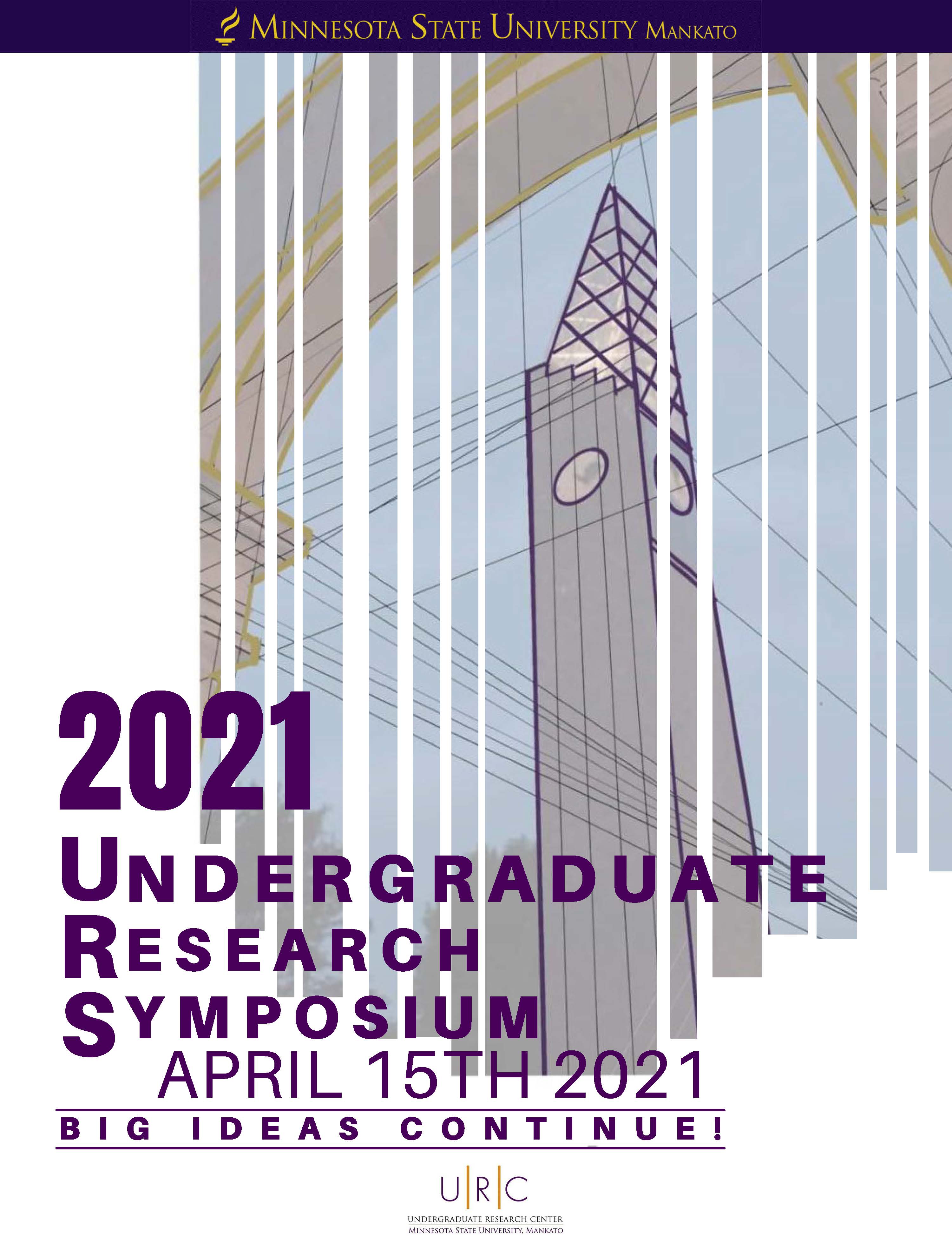Effect of Resistance Training on Running Performance, Meta-Analysis of Current Research
Start Date
15-4-2021 3:45 PM
End Date
15-4-2021 4:00 PM
Student's Major
Human Performance
Student's College
Allied Health and Nursing
Mentor's Name
Corey Selland
Mentor's Department
Human Performance
Mentor's College
Allied Health and Nursing
Description
Background Resistance Training (RT) has long been studied as a method of improving aerobic running performance. Three of the variables most looked at as a measure of improved performance are Vo2max, which is defined as the maximal amount of oxygen (O2) being utilized towards the working muscle during steady state exercise. Running Economy (RE) defined as the amount of energy and O2 used at submaximal intensities, and Time Trial Performance (TT). Which involve various practical applications typically measured in competition format ranging from 2.4-10- kilometer race distances. RT while providing a benefit to these variables has not yet been found to have a standout mode or dose response in the literature. This may be attributed to high inter-individual variability.
Objective Originally this research was designed to determine whether timing of a RT session either pre or post aerobic run is more beneficial to RE, Vo2max or TT variables. However, due to the Corona Virus (COVID19) global pandemic and the restrictions imposed upon in person research a meta-analysis of the current literature was performed. This meta-analysis is meant to further review and explain the need to understand the importance of RT session timing and further the evidence of RT promoting aerobic running gains.
Methods Extensive search of the literature to find studies related to the review topic was conducted. Results were analyzed via a comprehensive meta-analysis software. Results for effect size and 95% confidence interval were obtained. Studies were subject to inclusion/exclusion criteria.
Results Studies involved in RT and its effect on RE found a combined p-value of <0.05 (0.004) along with a standard mean difference of 0.345 suggesting a low to moderate level of effect. Results of RT effect on Vo2max. P-value of <0.05 (0.000) was determined along with and standard difference in means of 0.464 suggesting a moderate effect. TT results were found to have a p-value of <0.05 (0.000) of 8 studies analyzed a positive effect of 0.732 standard mean difference was found suggesting a high effect.
Conclusion Based upon the results found via the comprehensive meta-analysis software. RT influences multiple running performance outcomes. This suggests a continued need to implement RT for peak performance and a need for further research to determine the timing of RT bout for peak performance.
Effect of Resistance Training on Running Performance, Meta-Analysis of Current Research
Background Resistance Training (RT) has long been studied as a method of improving aerobic running performance. Three of the variables most looked at as a measure of improved performance are Vo2max, which is defined as the maximal amount of oxygen (O2) being utilized towards the working muscle during steady state exercise. Running Economy (RE) defined as the amount of energy and O2 used at submaximal intensities, and Time Trial Performance (TT). Which involve various practical applications typically measured in competition format ranging from 2.4-10- kilometer race distances. RT while providing a benefit to these variables has not yet been found to have a standout mode or dose response in the literature. This may be attributed to high inter-individual variability.
Objective Originally this research was designed to determine whether timing of a RT session either pre or post aerobic run is more beneficial to RE, Vo2max or TT variables. However, due to the Corona Virus (COVID19) global pandemic and the restrictions imposed upon in person research a meta-analysis of the current literature was performed. This meta-analysis is meant to further review and explain the need to understand the importance of RT session timing and further the evidence of RT promoting aerobic running gains.
Methods Extensive search of the literature to find studies related to the review topic was conducted. Results were analyzed via a comprehensive meta-analysis software. Results for effect size and 95% confidence interval were obtained. Studies were subject to inclusion/exclusion criteria.
Results Studies involved in RT and its effect on RE found a combined p-value of <0.05 (0.004) along with a standard mean difference of 0.345 suggesting a low to moderate level of effect. Results of RT effect on Vo2max. P-value of <0.05 (0.000) was determined along with and standard difference in means of 0.464 suggesting a moderate effect. TT results were found to have a p-value of <0.05 (0.000) of 8 studies analyzed a positive effect of 0.732 standard mean difference was found suggesting a high effect.
Conclusion Based upon the results found via the comprehensive meta-analysis software. RT influences multiple running performance outcomes. This suggests a continued need to implement RT for peak performance and a need for further research to determine the timing of RT bout for peak performance.




